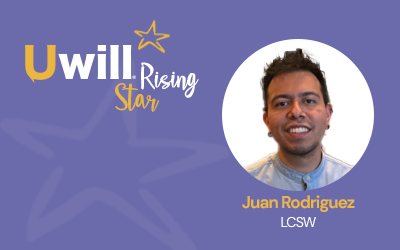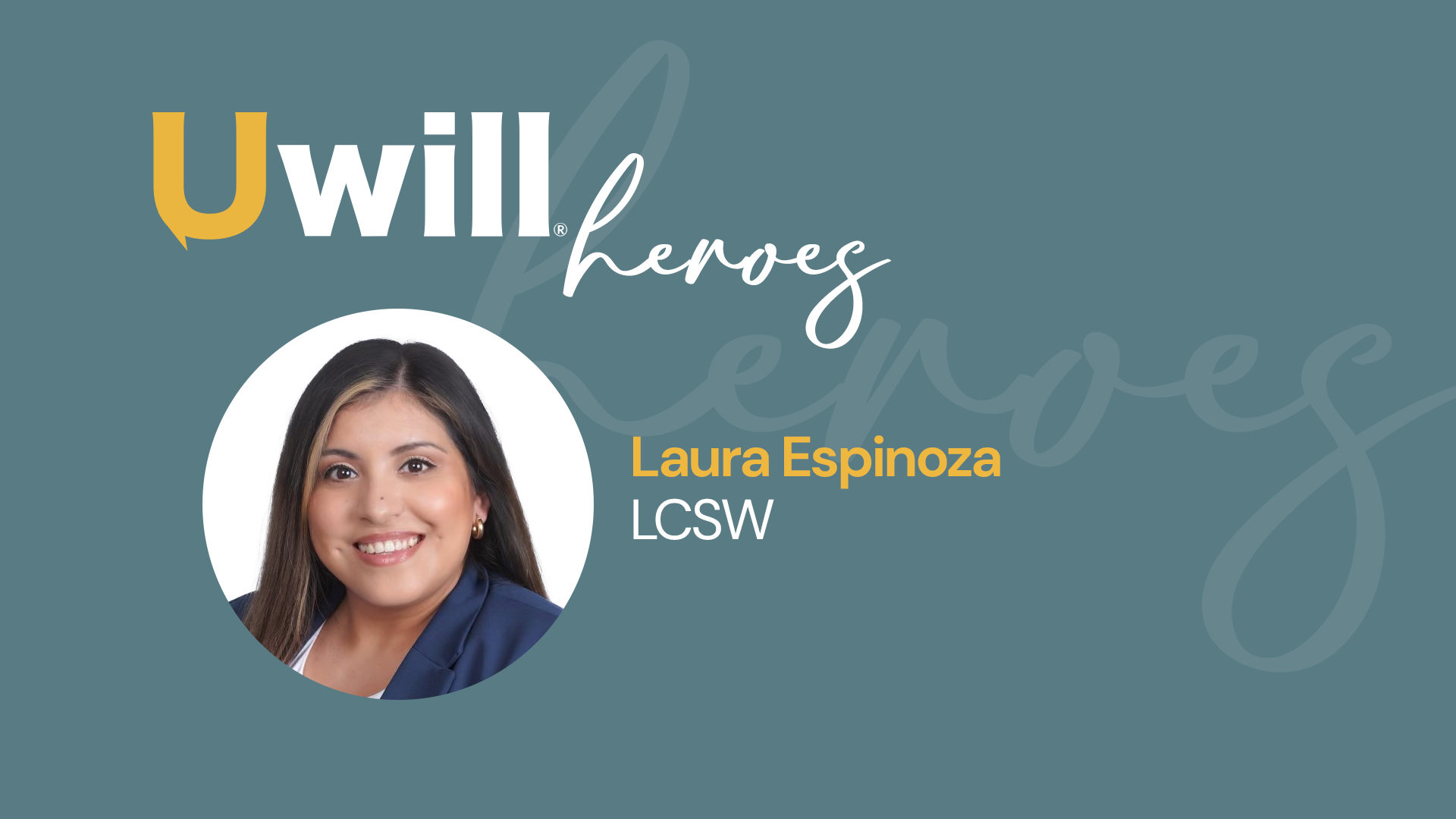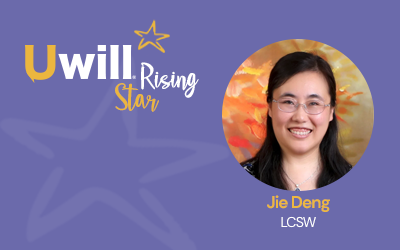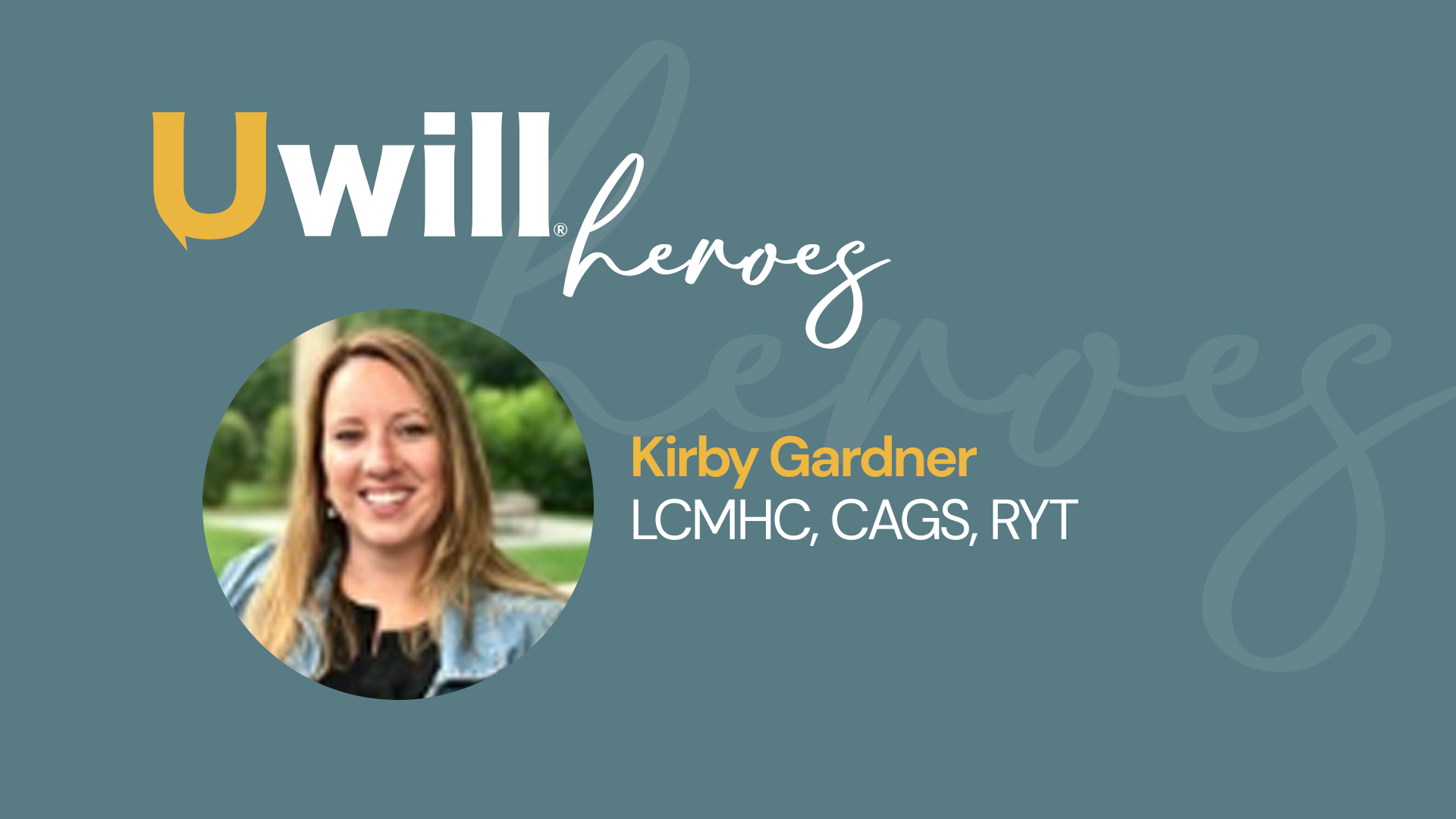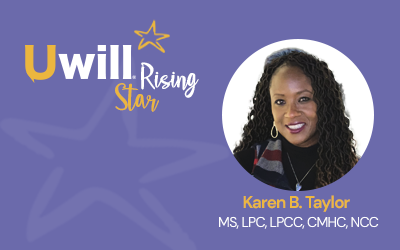Managing Political Stress In An Election Year
With the 2024 presidential election around the corner, political stress is at an all-time high. A recent survey found that roughly 43% of adult Americans are more anxious this year than last year. The Public Health Post revealed where this anxiety may come from, noting that 35% of its participants reported feeling anxious or stressed about the election. While politics are expected to induce stress, the rates of stress caused by politics this year, and in recent years, have reached concerning peaks.
“Because our political beliefs are closely tied to our identities, conflicting viewpoints can feel like personal attacks.” says Stephanie Black Dos Santos, LICSW and Uwill’s Manager, Clinical Affairs “A deep personal investment in political causes can also lead to increased stress and feelings of helplessness.”
What’s Causing The Increase in Political Stress?
There are a number of factors contributing to increased political stress, but one of the most prominent is that politics are personal. With the upcoming election, many important decisions are at stake, some of which pertain to specific identity markers such as gender and religion.
According to NPR, policies surrounding gun violence are top of mind, as many students have expressed feelings of unsafety in school environments. Other issues which can impact mental health include regulating social media companies and addressing drug addiction.
“The interesting thing about politics is that it’s a constantly evolving thing, but it has so much influence over all of our lives.” says Black Dos Santos “Whether you want to acknowledge it or not, it’s there, and it causes stress.”
Social media can also play a notable role in causing political stress. With algorithms curated to one’s own biases and political standings, our phones feed political polarization. These social media echo chambers can increase personal feelings of isolation and brew anger towards opposing political parties. Social media also highlights divisive content to boost engagement, escalating feelings of anger and anxiety.
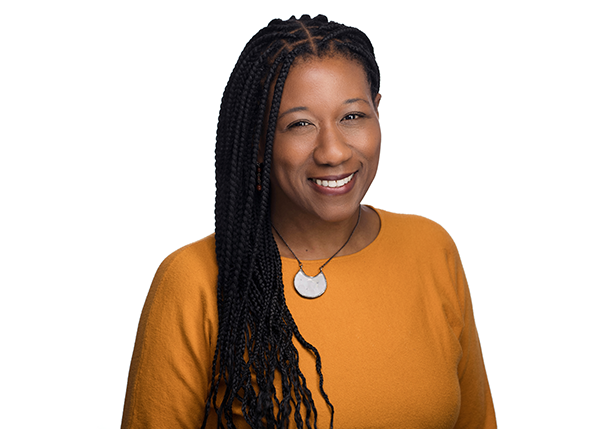
![]()
Because our political beliefs are closely tied to our identities, conflicting viewpoints can feel like personal attacks.
Stephanie Black Dos Santos, LICSW
Uwill Manager, Clinical Affairs
What Can We Do to Reduce Political Stress Regarding The Upcoming Election?
Be Mindful of News Intake
News is incredibly easy to access whether it be through social media, TV, or the internet. Although political news is all around us, it’s been proven that overconsumption of news does more harm than good. A survey from the American Psychiatric Association found that consuming daily political content can have a negative effect on one’s physical and psychological health.
“It’s important to stay informed of headlines but it’s also important to remember that political news is one aspect of your life and experience.” says Black Dos Santos “Balance your focus by engaging in activities and relationships that bring you joy and fulfillment!”
It’s also crucial to be mindful of when you’re consuming news. Scrolling through news feeds in the morning can set a poor tone for your day, and hearing negative news when you’re already in a vulnerable state will surely amplify stress. On the contrary, consuming triggering political content before going to bed can make it difficult to fall asleep.
Connect With Yourself
With politics and major political events, it’s really easy to feel insignificant, and the feeling of purposelessness amidst unsettling policies can be frightening. In fact, feelings of uncertainty and a loss of control over one’s life are often the most prominent anxiety triggers. In order to reduce anxiety, individuals can work to reclaim control in their own lives by reconnecting with themselves through outlets like meditation, physical exercise, or just spending time outside.
Get Involved
If you’re feeling unhappy or unsatisfied with the political climate, the best thing to do is get involved in a way that will be empowering and positive, usually within your community at a local level. Research from the U.S. Department of Health and Human Services Office of Disease Prevention and Health Promotion has proven that acts of civic engagement, such as volunteer work and advocacy, have positive impacts on mental health and physical health. Partaking in these activities also reduces anxiety by increasing the impact one feels they have in regard to politics.
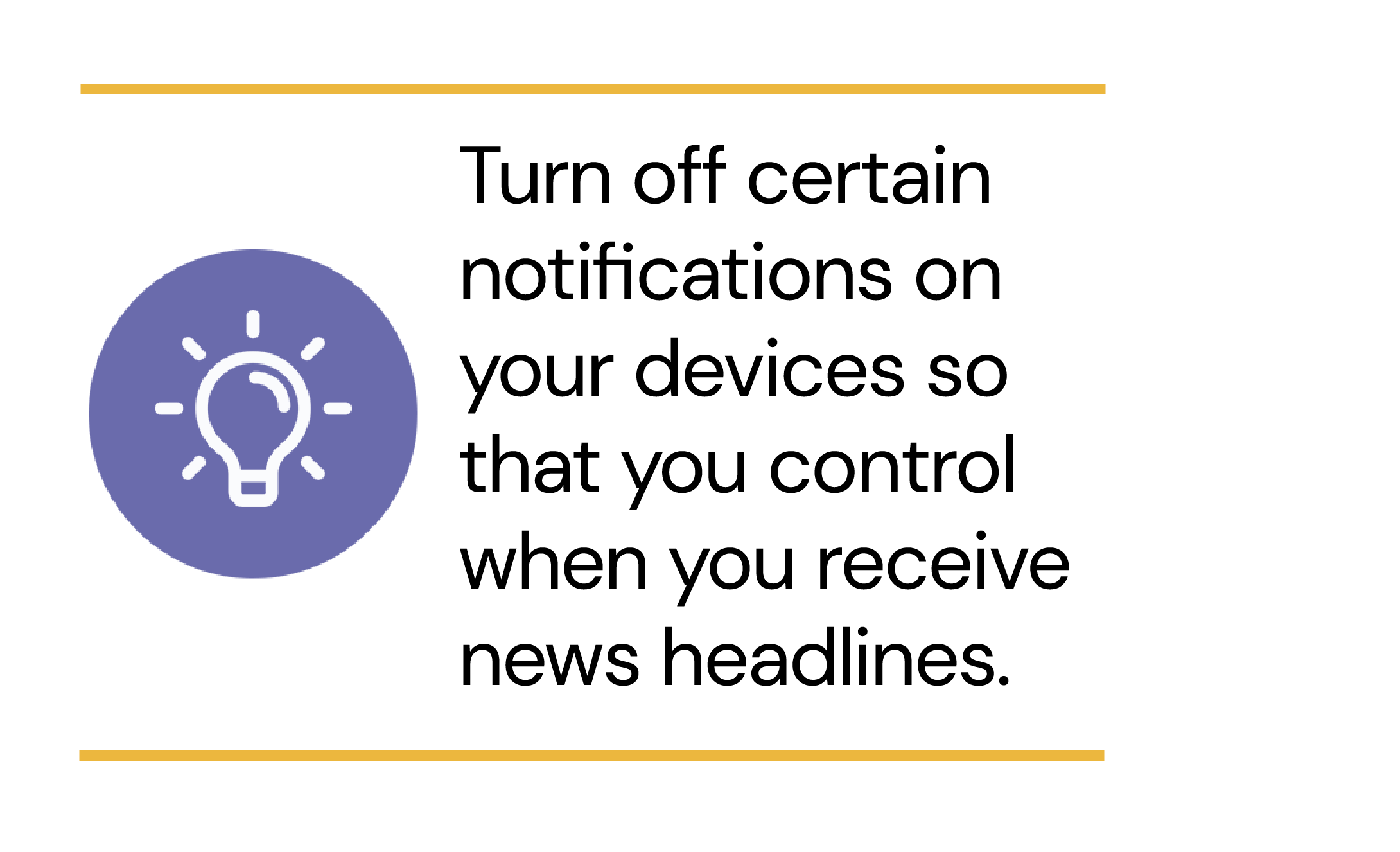 Focus on The Positive
Focus on The Positive
Focusing on what you’re for rather than against helps deter your mindset on politics away from conflict, division, and arguments, and towards hope. Additionally, staying connected with family and loved ones helps prevent political polarization, and therefore, limits political stress.
Seek Support
In the midst of global chaos and political tension, always address your stress. When feeling anxious or isolated, identify and get in touch with support systems that are available such as counseling centers and teletherapy options.
How Uwill Can Help
As we navigate election season, it’s important to remember to keep tabs on one’s mental health. With Uwill, users can receive free access to book an immediate appointment with a licensed counselor based on their needs and preferences. Booking an appointment through Uwill takes less than five minutes and there are no insurance hoops to jump through. Simply register, fill out a brief questionnaire, and users will be presented with a selection of therapists that fit their needs and preferences to choose from.
Uwill also offers on-demand wellness programming that can be accessed through Urise, providing more than 100 videos designed to complement therapy. These videos cover topics such as ways to manage stress, guided meditations, tips for better sleep, and more.
To learn more about how to bring Uwill to your organization, follow the link below.
If you’re looking to speak with a therapist:
If you’re looking to bring Uwill to your organization:
Share this:
![]()
Uwill is a Teletherapy Educational Partner of NASPA
![]()
Uwill is the Exclusive Teletherapy Education Partner of the Online Learning Consortium
Resources

Copyright © 2024 Uwill | 1075 Worcester St, Natick, MA 01760 | 833-99-Uwill



